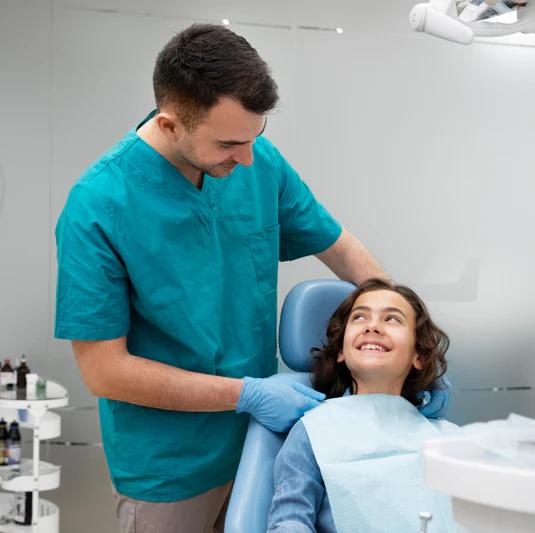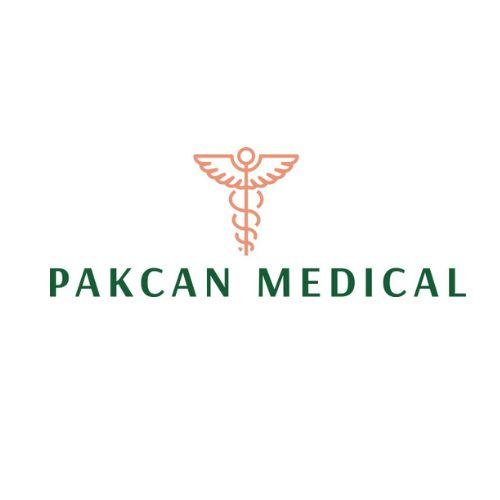Notifications

4 minutes, 51 seconds
-324 Views 0 Comments 0 Likes 0 Reviews

Surgical instruments are essential tools in the healthcare industry, playing a critical role in ensuring successful medical procedures. Whether used in routine surgeries or complex operations, the effectiveness and safety of these instruments depend heavily on their design, quality, and maintenance. Proper care of these tools is not just about prolonging their life but also ensuring that they are in optimal condition for each use. Let’s explore why proper care and maintenance of surgical instruments are so crucial.
Surgical instruments are the backbone of any surgical procedure, from simple stitches to highly intricate operations. These tools are designed with precision and durability to meet the needs of medical professionals. If surgical instruments are not maintained properly, they can fail during crucial moments, leading to complications. This makes it vital for healthcare facilities and professionals to understand the significance of keeping these tools in pristine condition.
Cleaning
One of the most important steps in maintaining surgical instruments is ensuring they are cleaned thoroughly after each use. Surgical tools are exposed to blood, bodily fluids, and other substances that could potentially cause infection or corrosion. Effective cleaning processes, such as ultrasonic cleaning or manual scrubbing, ensure that all residues are removed, preventing the buildup of harmful pathogens. Routine cleaning also prevents the formation of rust, which can lead to the deterioration of the tools.
Sterilization
Sterilization is another critical aspect of caring for surgical instruments. After cleaning, instruments must be sterilized to eliminate any remaining microorganisms. This can be done using autoclaves or other methods depending on the type of instrument. Proper sterilization ensures that the instruments are safe to use for subsequent surgeries and that there is no risk of transmitting infections between patients.
Inspection and Maintenance
Regular inspection of surgical instruments is necessary to identify any wear and tear that may have occurred. Checking for signs of dullness, cracks, or misalignment can help identify when an instrument needs repair or replacement. Surgical instruments should also be lubricated occasionally to keep moving parts functioning smoothly and prevent rust. Routine maintenance can extend the lifespan of these essential tools and ensure they are always in peak condition.
The quality and precision of surgical instruments directly affect the outcome of a surgery. High-quality instruments are designed to handle the specific demands of surgery, from delicate tasks like suturing to more robust activities like bone cutting. Using subpar instruments or ones that are not maintained properly can result in errors that could harm the patient or cause unnecessary complications.
Neglecting to maintain surgical instruments can have serious consequences. Over time, worn-out or poorly maintained tools can lead to malfunctioning, which can disrupt the entire surgery process. This can result in more extended recovery times for patients or even the need for additional procedures. The risk of infection also rises if instruments are not sterilized correctly, creating more challenges for healthcare providers.
Maintaining surgical instruments is essential for ensuring the success and safety of medical procedures. Proper cleaning, sterilization, and inspection are vital practices that all healthcare providers should follow. The tools used in surgery are not just instruments—they are life-saving devices that demand respect and care. By prioritizing maintenance, healthcare professionals can ensure that their equipment is always ready for use, promoting better outcomes for patients. Pakcan Medical understands the importance of high-quality and well-maintained surgical instruments in delivering safe and effective healthcare solutions.

